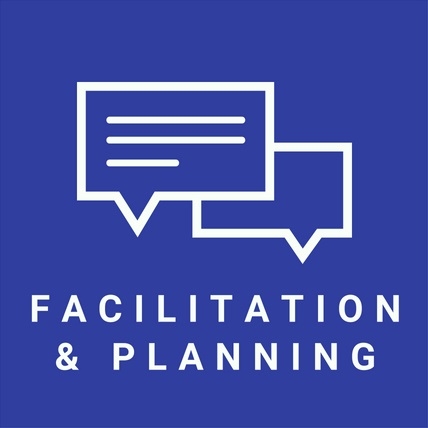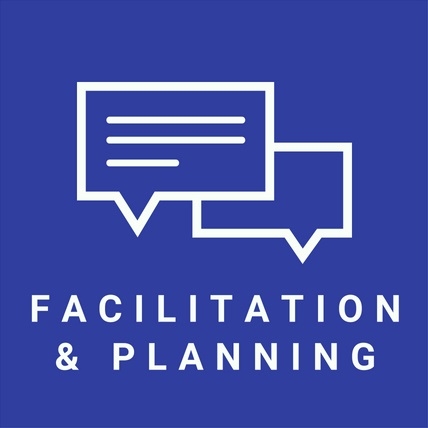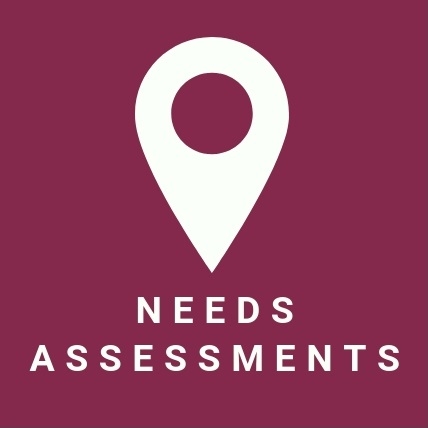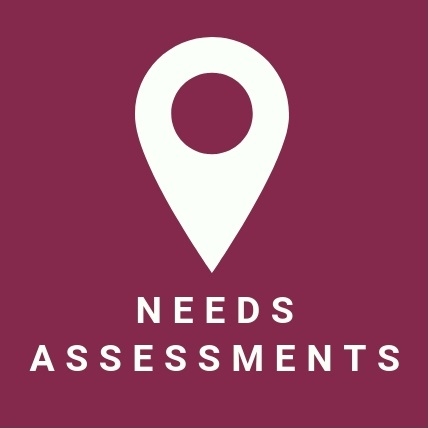Projects
CCBR typically has 15-20 ongoing projects and has completed over 500 projects since 1982. Each project is guided by our commitment to impacting social change in practical and powerful ways. We conduct research with people not on people, cultivating respect with communities at every step of the process.
Projects can be searched for using words from the project title or using the service area, theme, or date range for the project. You can also type 'Service Area' or 'Theme' into the search bar to get a list of options in each of these fields.
Projects
Partners pursed the goal of mobilizing members of the Christian Reformed Church toward greater engagement with social justice initiatives in their various communities across Canada. This project was funded by the SSHRC Partnership Development Grant.
The purpose of this project was to prepare and conduct a training session with eight Peer Health Educators in focus group methodology and co-facilitate 24 focus groups with newcomers and immigrants within the City of London. This project was funded by London Health Sciences Centre and Southwest Regional Cancer Program.
CCBR evaluated the process and outcomes for ABA services serving children and youth aged 9-18 living with Autism Spectrum Disorder and their families. This research was conducted in five regions: Halton, Peel, Wellington, Dufferin and Waterloo and funded by Kerry’s Place Autism Services (KPAS).
The purpose of this project was to assess the commitment of Canadian Mennonite Central Committee supporters to advocacy that is directed toward government. This project served to build the advocacy capacity of MCC Canada within the context of its broader global mission of “sharing God’s love and compassion for all in the name of Christ by responding to the basic human needs and working for peace and justice.”
CCBR provided research support for two pilot projects to Centre for Family Medicine’s Primary Care and Rehabilitation Integration with Self-Management (PRISM) project. The first was development of an e-consultation system. The second was the development of a self-management approach for people with spinal cord injuries.
CCBR contributed to a national conversation about research excellence. The forum was funded by Coady International Institute and International Development Research Centre.
CCBR was contracted by the Christian Reformed Church in North America (CRCNA) to inform and advance the CRC’s justice mobilization efforts, which seek to encourage and enable members and congregations to embrace justice as mission.
CCBR conducted a needs assessment and action plan for a Family Healing Centre and Land-Based Healing services operated by the Shibogama Health Authority.
CCBR conducted a needs assessment to understand the service needs of people living in the Region of Waterloo who have been affected by traumatic life experiences. The study was funded by The Trauma Service Initiative Steering Committee.
CCBR conducted an evaluation of the Blueprint Project, which included developing data collection tools, data analysis, and writing the final report. The evaluation was funded by Women’s Multicultural Resource and Counseling Centre of Durham (WMRCC).












